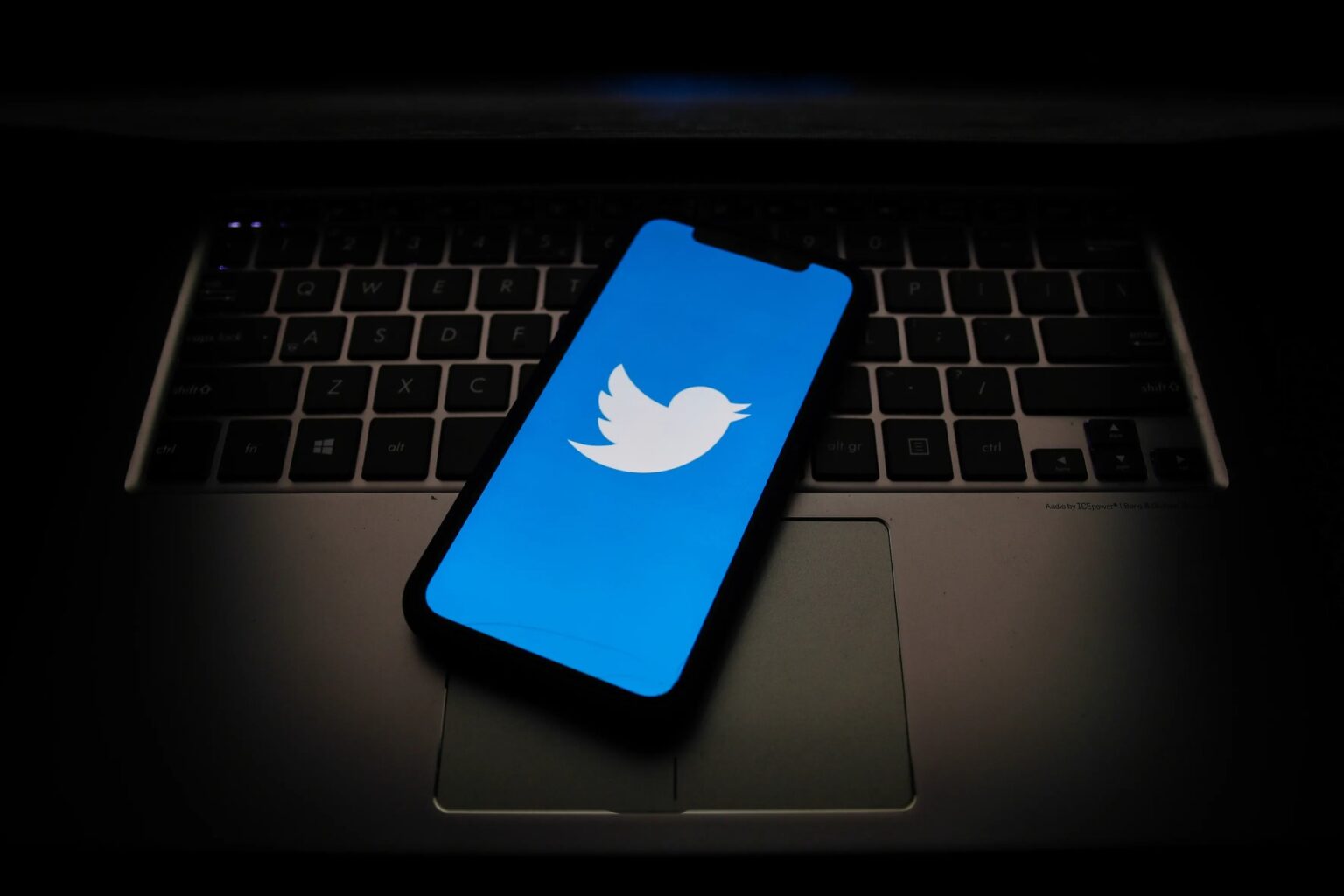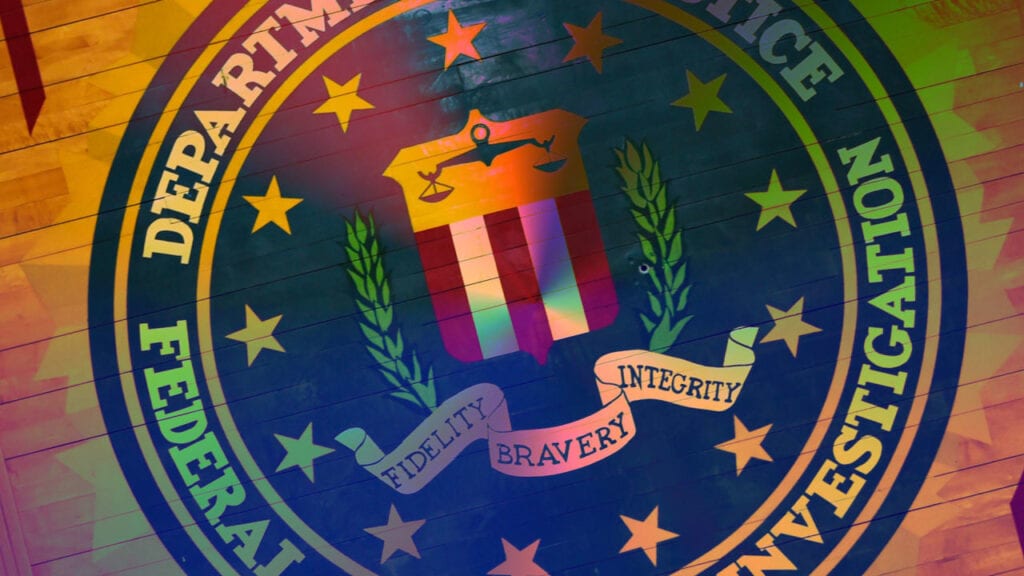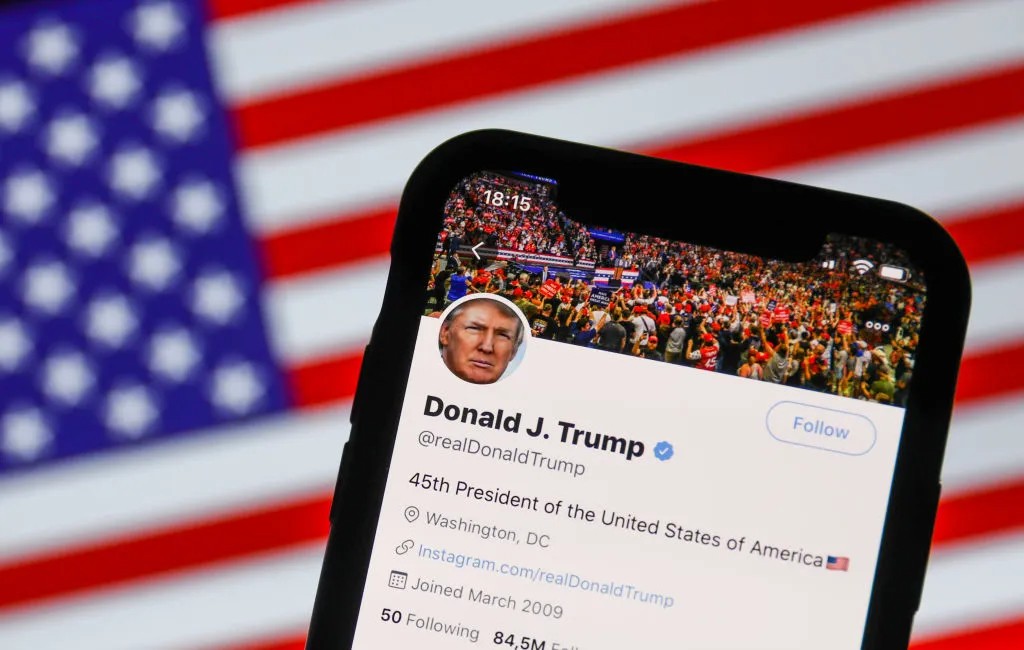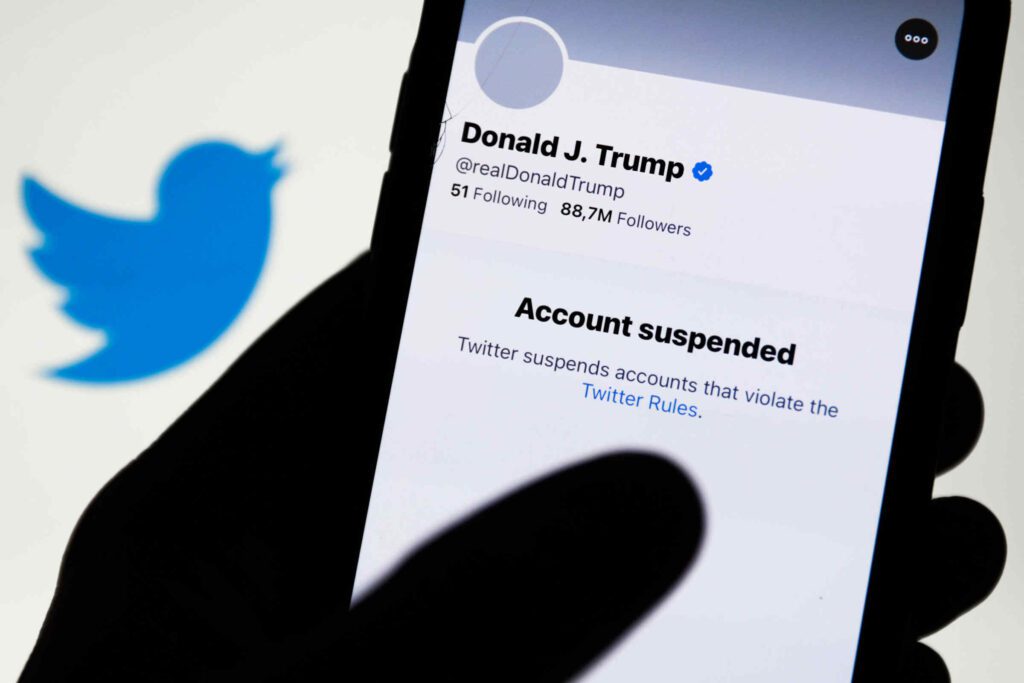
Deep cover: Here’s how deep The FBI infiltrated Twitter
Reporter Matt Taibbi has released the latest edition of the Twitter files, and conspiracy theorists yet again appear to be proven right. The FBI has long been suspected of guiding many actions of the social media giant with a not-so-subtle hand. As of a few hours ago, the Twitter files have confirmed these suspicions in more ways than one.
Ever since taking the helm as the new leader of Twitter, former world’s richest man Elon Musk has had his hands quite full dealing with the fallout. A good chunk of unsavory info leaks are ones he brought upon himself by unceremoniously firing half of the staff. However, this new PR nightmare goes much further back than him.
We will surely return with updates as more files are released. For now, here’s everything we have been able to gather from the files at this time.

Long lurking
According to the latest set, a Files, released by the reporter, Twitter’s contact with the FBI was not only constant but pervasive. Almost as if it were a subsidiary, there were over 100 emails between the FBI and the former Twitter trust and safety chief. Both mundane and strictly business, Yoel Roth spoke with the FBI on several issues, as if they were a part of the company itself.
“Some are mundane, like San Francisco agent Elvis Chan wishing Roth a Happy New Year along with a reminder to attend “our quarterly call next week,” Taibbi reported. “Others are requests for information into Twitter users related to active investigations.”
However, a surprisingly high number of emails were actually sent by the FBI to pressure the social media giant to take certain action on election misinformation — with its nearly 1 billion users as its audience. It did not matter whether the user had 1 million or 100 followers, even small jokes directed at the current administration were treated with the highest level of reprimand by the FBI.

Outright orders
Before long, the FBI had assigned enough agents to examine Twitter that it might as well have been called a task force. Sure enough, that’s exactly what happened. “The FBI’s social media-focused task force, known as FTIF, created in the wake of the 2016 election, swelled to 80 agents and corresponded with Twitter to identify alleged foreign influence and election tampering of all kinds,” Taibbi continues.
The bullet points of the Twitter files were stacked to the brim revealing shadowy practices making it very clear who was President at the time. “Federal intelligence and law enforcement reach into Twitter included the Department of Homeland Security, which partnered with security contractors and think tanks to pressure Twitter to moderate content.”
The pressure the FBI put on the social media giant oftentimes mirrored bullying. “Just to show the FBI can be hyper-intrusive in both directions, they also asked Twitter to review a blue-leaning account for a different joke, except here it was even more obvious that Claire Foster, a PHD who kids a lot, was kidding.” Taibbi explains.
Upon being told about her account being flagged and in jeopardy of being permanently banned if not simply facing legal action, Foster was flabbergasted. “Anyone who cannot discern obvious satire from reality has no place making decisions for others or working for the feds.”
According to Taibbi, All but two accounts that seemed to poke fun at the current administration were suspended.

Regular meetups
The bigger points of the Twitter files show that before long, Twitter had become so accustomed to encounters with the FBI that it soon became part of their actual meeting schedules.
“In a letter to former Deputy General Counsel (and former top FBI lawyer) Jim Baker on Sep. 16, 2022, legal exec Stacia Cardille outlines results from her “soon to be weekly” meeting with DHS, DOJ, FBI, and the Office of the Director of National Intelligence,” Taibbi continues on, as he posts several screenshots of emails adding the FBI to the schedule.
“In the email, the Twitter exec writes she explicitly asked if there were “impediments” to the sharing of classified information “with industry.” The answer? “FBI was adamant no impediments to sharing exist.” Taibbi explains. “This passage underscores the unique one-big-happy-family vibe between Twitter and the FBI. With what other firm would the FBI blithely agree to “no impediments” to classified information?”
What next?
As otherwise shocking as it sounds, many across the internet do not seem the slightest bit surprised at what the latest batch of Twitter files reveal. In fact, the only ones who seem to be surprised are those who are implicated in the files.
While there’s surely a lot left to be revealed, it’s anyone’s guess now what can be done to salvage the reputation of Twitter as a global authority and trusted news outlet.
–
While this may be the biggest shock to come out of the files yet, what else do you think Twitter has been up to behind the scenes? Does it get any worse than this? What other platforms are you seeking out now that Twitter’s reputation is in stark contrast to its values? Let us know in the comments!



